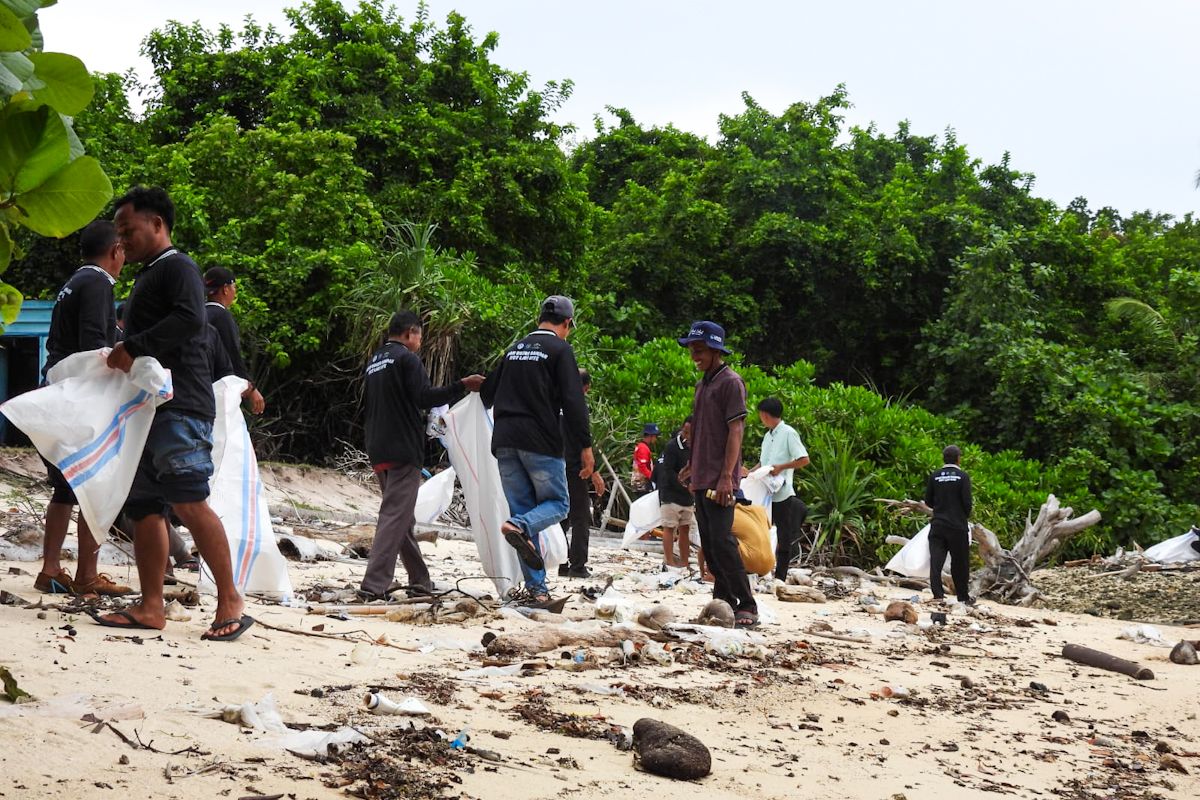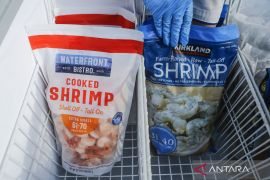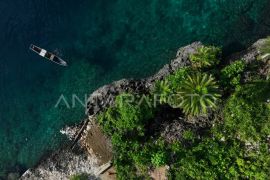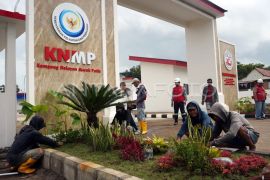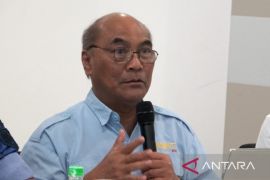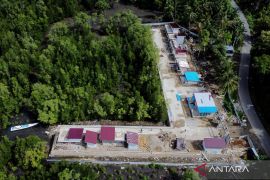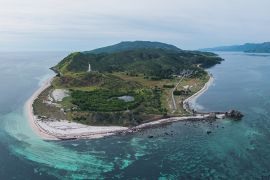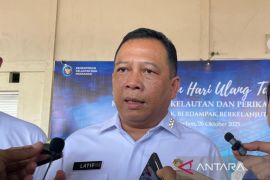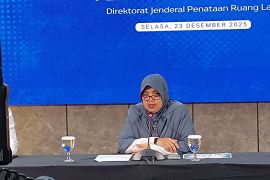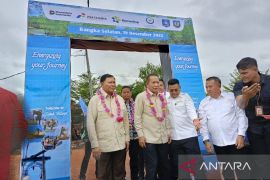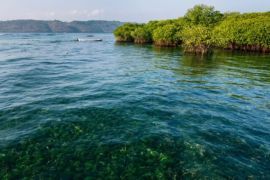KKP’s Director of Coastal and Small Islands Affairs, Ahmad Aris, said the Laut Sehat Bebas Sampah (Sebasah) program is designed to foster collective community awareness.
The program focuses on controlling waste from three main sources: rivers, ports, and the coasts of small islands.
To achieve this, KKP is working with conservation stakeholders, including Raja Ali Haji Maritime University, Jaga Mangkai Foundation, and the Anambas Foundation.
The collaboration includes awareness campaigns, waste management initiatives, and reduction activities in Keramut Village, one of Anambas District’s conservation villages.
Held as part of the 26th anniversary of KKP and in commemoration of World Clean Up Day, the activities highlighted the importance of a holistic and multi-stakeholder approach.
“We are working together to raise community awareness, prevent waste leakage from upstream to downstream, and create a healthy and sustainable marine ecosystem,” said Aris.
The program also provided education for students, fishermen, and local women’s groups (PKK), introducing the dangers of marine waste to sea life, encouraging waste separation and reduction, and promoting the use of waste for value-added products such as bioplastics made from mangrove skin.
Residents also joined clean-up drives in Keramut Village and Mangkai Island.
Keramut Village Head, Markos, admitted that waste management has long been a challenge for local residents. However, the program has empowered the community to better manage waste and turn it into useful resources.
Devina Mariskova, Chairperson of Anambas Foundation, said community-based waste management programs across 32 villages have shown concrete results, ranging from mobile waste banks to the use of press machines—initiatives aimed at turning waste into a source of family income.
Echoing this view, Jaga Mangkai Foundation Chairperson, Murwanto, stressed that participatory approaches are key.
“We believe change must begin with the community. With collective awareness, Anambas can become a model of a clean and sustainable conservation area,” he said.
Meanwhile, Head of the National Marine Conservation Area Office (LKKPN) Pekanbaru, Rahmad Hidayat, reported that the initiative had successfully prevented 407.1 kilograms of waste from leaking into the sea while increasing public awareness of marine cleanliness.
“A healthy sea today is the foundation of a brighter future for the next generation,” he said.
Earlier, Minister of Marine Affairs and Fisheries Sakti Wahyu Trenggono reiterated that addressing marine waste is one of the ministry’s top priorities. He stressed that safeguarding the seas requires not only regulations but also concrete collaboration between academics, communities, and grassroots organizations.
Related news: Indonesia targets river pollution to combat marine debris
Translator: Muhammad Harianto, Primayanti
Editor: M Razi Rahman
Copyright © ANTARA 2025
